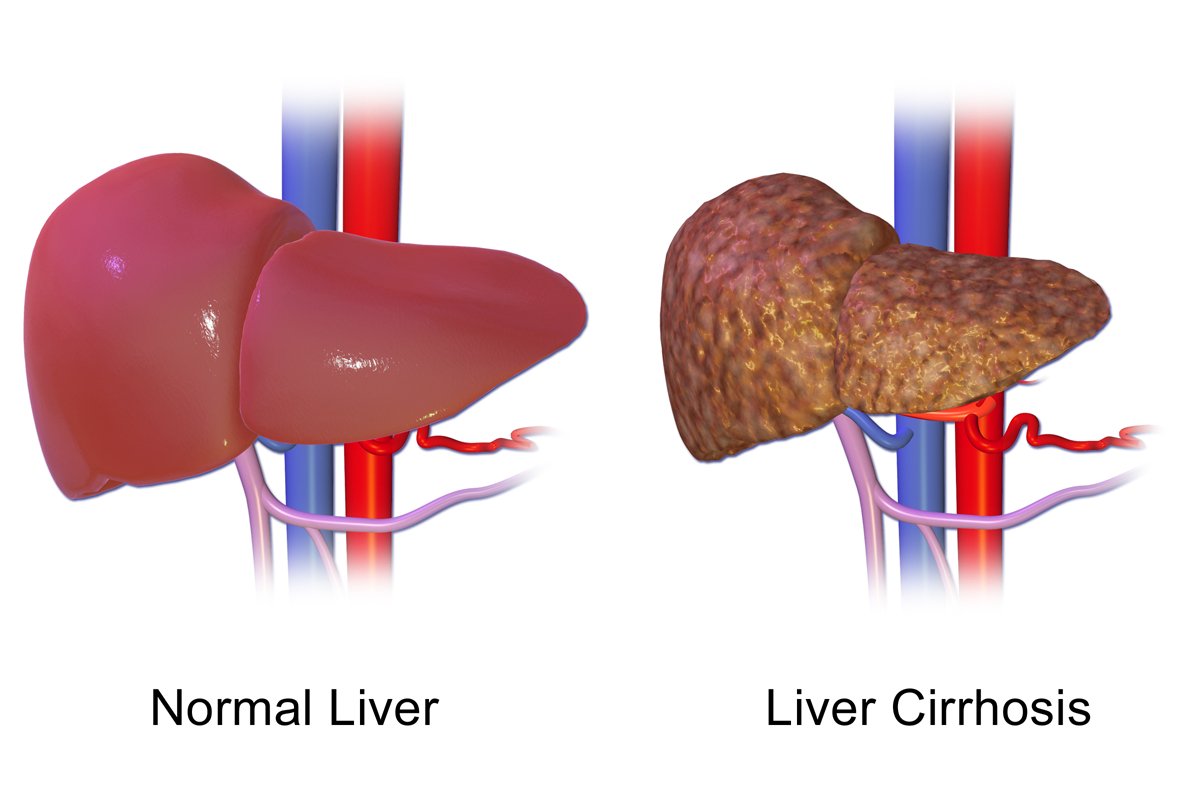What Happens When You Quit Drinking

By:
If you had to create a list of pros and cons for drinking alcohol, it would be pretty heavy on the cons and light on the pros. Intoxication has its obvious appeal, but the impact of heavy drinking on your health generally outweighs that benefit. Fortunately, there's a lot to gain if you quit drinking.
Studies have found that abandoning alcohol can improve your health on a number of levels. After wading through the research, it's clear that excluding booze from your diet can lead to improved quality of life overall, and it can directly enhance several bodily functions.
Here's what happens when you quit drinking.
1. You lose weight.
Alcohol consists of a lot of empty calories. It appears to slow your metabolism, which can lead to substantial weight gain in heavy drinkers. It's also true that drinking before or during meals is associated with higher caloric intakes, a 2010 study published in the journal Physiology & Behavior found. While the extent to which you can lose weight by cutting out alcohol depends on how much you previously drank, the evidence clearly demonstrates that you only stand to lose (calories) by setting that drink aside.
2. You sleep better.
Sure, you might find it easier to fall asleep if you have a drink before bed — but research shows that it will have a negative impact on your quality of sleep. A review of 27 studies about the relationship between alcohol and sleep determined that consuming alcohol before bed was associated with less rapid eye movement (REM) sleep, which can cause drowsiness and poor concentration the next day. Alcohol can also suppress breathing and contribute to sleep apnea, according to Dr. Irshaad Ebrahim, the medical director of the London Sleep Centre.
3. Your liver heals.
 Wikimedia - wikimedia.org
Wikimedia - wikimedia.org
Make no mistake: alcohol is a toxin that can kill liver cells. While your liver contains enzymes that break down alcohol, drinking in excess can cause long-term damage, increasing your risk of liver disease and cirrhosis, for example. But the liver is also a self-healing organ that can regenerate quickly if you quit drinking, Dr. Lance Stein, a transplant hepatologist at the Piedmont Transplant Institute explained. Your liver can get back to proper health within days or weeks of abstaining.
4. You're less likely to develop cancer.
Research shows that alcoholic beverages contain carcinogens, and drinking in excess has been linked to several types of cancer — including liver, breast, and esophageal cancer, according to the National Cancer Institute. The logic is pretty straightforward here. If you stop drinking, you cut out those carcinogens and reduce the chances of developing alcohol-related forms of cancer.
5. Your brain works better.
Of course, a night of overindulgence can cause you to blackout and make the next day miserable. But the effects of alcohol on the brain can be more complex and long-lasting. For example, research shows that heavy and chronic drinking are associated with reductions in total hippocampus volume, and that's the brain structure that's responsible for memory and emotions. "These findings may explain some of the memory impairment and cognitive deficits described in chronic alcoholics," Dr. Gary Wand, the director of the Endocrine Training Program at The Johns Hopkins University School of Medicine, said.
6. You skin gets clearer.
"Because alcohol is a diuretic, it makes you urinate more. In turn, urinating more can lead to dehydration — particularly since alcohol can keep your body from reabsorbing water," Bustle reports. "Once your system is clear of alcohol, you should see a marked difference in your skin. Not only will your complexion clear up and even out, but the hydration in your skin will lend a more youthful look."
